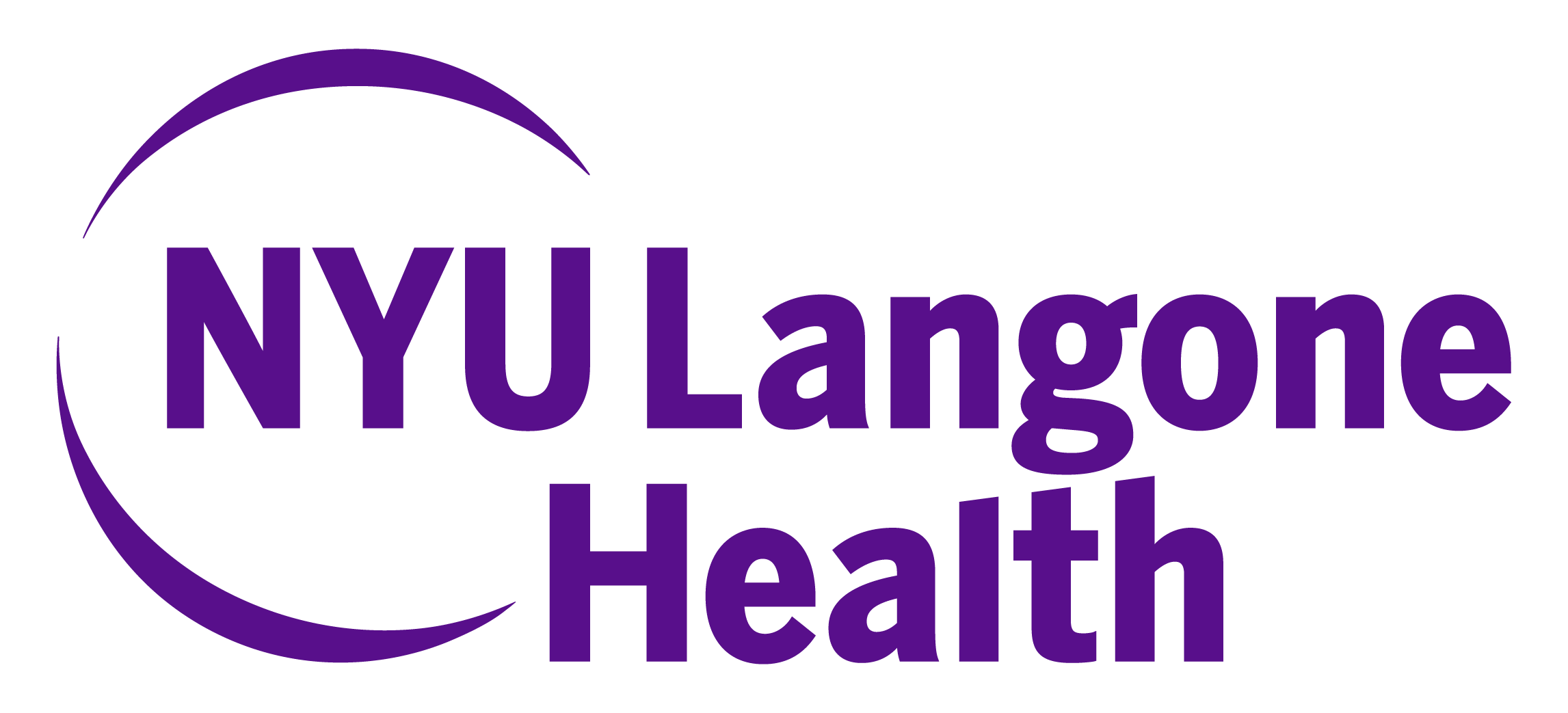- Advertise
- About OncLive
- Editorial Board
- MJH Life Sciences brands
- Contact Us
- Privacy
- Terms & Conditions
- Do Not Sell My Information
2 Clarke Drive
Suite 100
Cranbury, NJ 08512
© 2025 MJH Life Sciences™ and OncLive - Clinical Oncology News, Cancer Expert Insights. All rights reserved.
Dr. Pavlick on the COLUMBUS Trial in Metastatic Melanoma
Anna C. Pavlick, DO, discusses updated results from the COLUMBUS trial in metastatic melanoma.
Anna C. Pavlick, DO, professor in the Department of Medicine and Ronald O. Perelman Department of Dermatology, as well as the director of High Reliability Organization Initiatives and the co-director of the Melanoma Program at NYU Langone Health’s Perlmutter Cancer Center, discusses updated results from the COLUMBUS trial in metastatic melanoma.
In the phase 3 COLUMBUS trial, investigators examined next-generation BRAF and MEK inhibitors, says Pavlick. Specifically, they looked at encorafenib (Braftovi) in combination with binimetinib (Mektovi) versus vemurafenib (Zelboraf) or encorafenib alone in patients with advanced BRAF V600-mutant melanoma. With a median follow-up of 16.6 months (95% CI, 14.8-16.9), the median progression-free survival was 14.9 months (95% CI 11.0-18.5) in the combination arm and 7.3 months (5.6-8.2) in the vemurafenib arm (HR, 0.54; 95% CI 0.41-0.71; two-sided P < .0001).
First, vemurafenib and cobimetinib (Cotellic) emerged in the melanoma treatment landscape back in 2011, and then the next generation was trametinib (Mekinist) and dabrafenib (Tafinlar) in 2013, Pavlick adds. Now, the field has encorafenib and binimetinib, concludes Pavlick.


